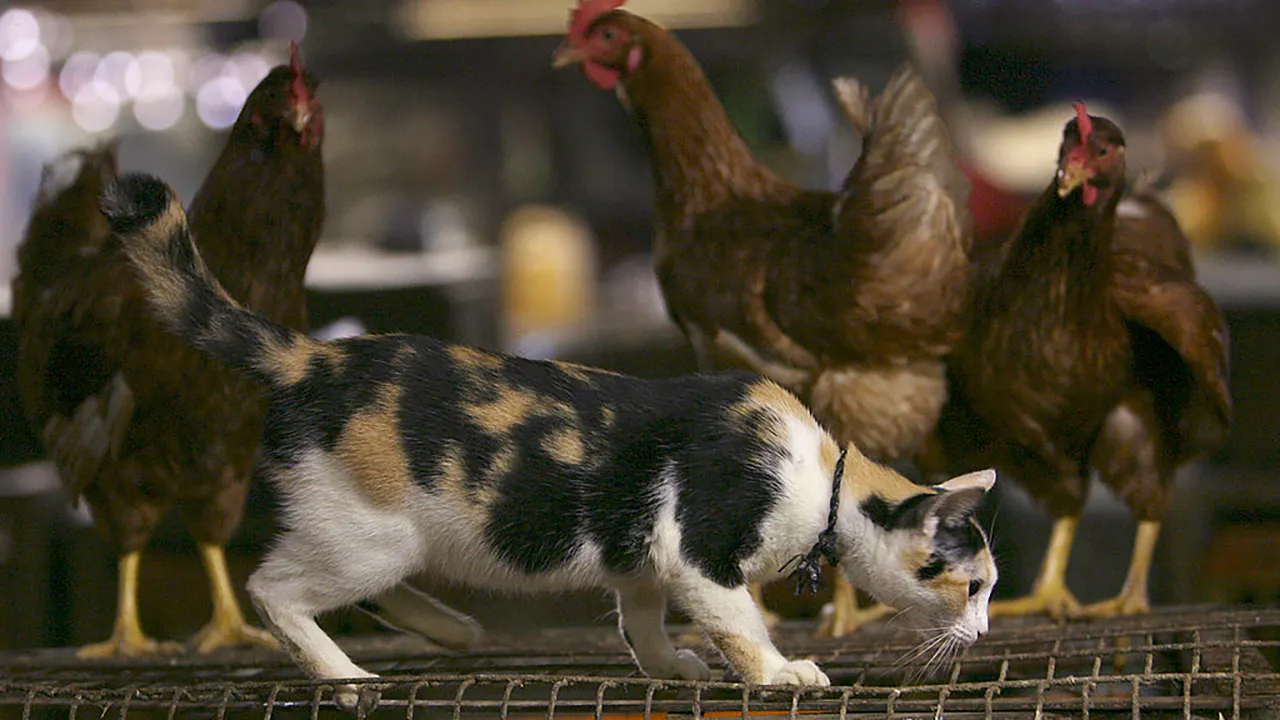Deadly Bird Flu Alert: Urgent Pet Food Recall You Must Know
The surge of a deadly bird flu outbreak has sparked an alarming pet food recall, raising concerns about the safety of our furry loved ones. If you’re a pet owner, this is the wake-up call you can’t afford to ignore. Contaminated pet food linked to avian influenza puts your pets’ health at serious risk. Here’s everything you need to know about this urgent recall to ensure your companions remain safe and protected.
What is Bird Flu and Why is it Dangerous?
Bird flu, also known as avian influenza, is a highly infectious viral disease that primarily affects birds but can contaminate other animals through cross-species transmission. There are multiple strains of this virus, some of which are exceptionally deadly. Unfortunately, the disease doesn’t stop at avian species—it can infiltrate food supplies, placing both humans and animals at risk.
This recent outbreak, caused by the H5N1 strain of avian influenza, has already wreaked havoc in poultry populations, leading to a cascading effect on industries like food production and livestock management. Now, it’s making headlines for its intrusion into pet food manufacturing, triggering widespread concern.
Understanding the Urgent Pet Food Recall
On [Insert Date for Timeliness], several prominent pet food brands initiated a massive recall based on confirmed contamination with the deadly bird flu virus. Authorities have flagged the recall as critical, urging pet owners to immediately cease feeding their pets affected products.
This contamination likely originated from infected poultry meat used in pet food production. According to reports, the issue was not detected in time, meaning contaminated products may already be in people’s homes. The brands involved, while proactive in initiating the recall, have not yet disclosed the full extent of affected batches. As more information emerges, vigilance is your best defense.
Signs Your Pet May Be at Risk
One of the most distressing aspects of this issue is recognizing whether your pet has consumed contaminated food. While not every exposure leads to illness, you should stay alert for symptoms such as:
- Lethargy or unusual fatigue
- Loss of appetite
- Vomiting or diarrhea
- Difficulty breathing
- Fever or elevated body temperature
If your pet displays these warning signs, consult your veterinarian immediately. Early intervention can make all the difference in ensuring your furry friend’s recovery.
How to Protect Your Pets from Bird Flu Contamination
Your primary responsibility as a pet owner during this crisis is to safeguard your pets from possible exposure to the virus. Follow these steps to minimize risk:
1. Double-Check Your Pet Food Inventory
Inspect all packages of food you’ve recently purchased. Cross-reference lot numbers, expiration dates, and product names with the official recall notice from the manufacturer or regulatory agencies.
2. Switch to Safer Alternatives
If you suspect your current pet food is affected, switch to a trusted, unaffected brand immediately. Alternatively, consider making homemade meals for your pet after consulting with your veterinarian to ensure proper nutritional balance.
3. Maintain Hygiene and Sanitation
Clean food bowls, storage containers, and preparation areas thoroughly after each use. This simple step helps eliminate potential contamination from lingering pathogens.
4. Stay Informed
Stay updated on the latest news regarding the pet food recall and avian flu outbreak. Trusted sources, like the CDC or official pet food manufacturers’ channels, will provide reliable updates.
For additional tips on protecting your pets from health hazards, check out related articles on ZexNews at https://www.zexnews.com/.
Lessons to Learn from This Crisis
This unprecedented situation highlights the importance of staying attentive to the quality of products you feed your beloved pets. Pet food recalls serve as stark reminders of how vulnerable even the most trusted products can be to contamination. By learning to read labels carefully, seeking transparency from manufacturers, and advocating for higher safety standards in production, we can collectively ensure better outcomes for our animals.
The Importance of Communication
Another critical takeaway is the need for timely, transparent communication between manufacturers, retailers, and consumers. Delayed responses or incomplete information could aggravate the situation, leading to more pets falling ill.
Where Do We Go From Here?
The deadly bird flu alert and its connection to pet food contamination offer a harsh but crucial lesson: vigilance saves lives. By staying informed, prioritizing safety, and adopting proactive measures, you can protect your pets from this immediate threat while also helping to prevent future crises.
Remember to immediately check the food you currently have at home and report any symptoms your pets display to a trusted veterinarian. Together, we can navigate this challenging time and keep our furry family members safe.
This crisis may feel overwhelming, but by taking action today, you can ensure lasting security for your beloved companions. Stay strong, stay informed, and most importantly, safeguard your pets with love and care.
“`





